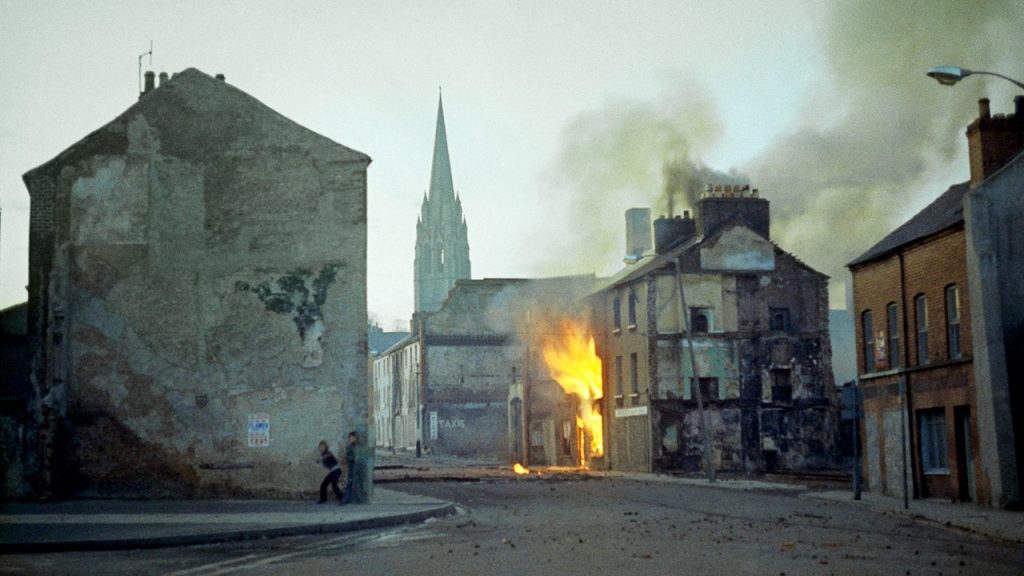Fifteen British soldiers accused of lying during an inquiry into the Bloody Sunday incident, one of the deadliest days of the Troubles conflict in Northern Ireland, will not face perjury charges, as prosecutors announced on Friday. The incident, which took place in Derry in 1972, resulted in the killing of 13 civilians by members of the British Parachute Regiment. Despite the outrage expressed by victims’ families, who called the decision an “affront to the rule of law,” prosecutors cited insufficient evidence to convict the soldiers or a former IRA member.
The initial investigation into the Bloody Sunday killings concluded that the soldiers were defending themselves against a mob of IRA bombers and gunmen. However, a 12-year-long inquiry that concluded in 2010 found that the soldiers had unjustifiably opened fire on unarmed civilians and then lied about it for decades. Only one ex-paratrooper, known as Soldier F, is facing prosecution for two murders and five attempted murders related to the incident. The families of the victims, represented by attorney Ciaran Shiels, are considering further legal action in light of the decision to not bring perjury charges against the soldiers.
Despite the passage of the Good Friday peace accord in 1998, which largely ended the violence between Irish republican and British loyalist militants, the legacy of the Troubles continues to have an impact. The Troubles resulted in over 3,600 deaths, with most occurring in Northern Ireland but also including IRA bombings in England. The victims of Bloody Sunday, and their families, continue to seek justice for the events that took place in Derry in 1972. The possibility of criminal prosecution for those involved may soon disappear with the British government’s attempt to introduce a Legacy and Reconciliation Bill that would provide immunity for most offenses committed by militant groups and British soldiers after May 1 was deemed to be in violation of human rights law.
The decision not to bring criminal charges against the soldiers was based on several factors, according to Senior Public Prosecutor John O’Neill. Accounts given by the soldiers in 1972 were deemed inadmissible, much of the evidence relied upon by the inquiry is no longer available, and the inquiry’s conclusion that testimony was false did not always meet the criminal standard of proof. The families of the victims expressed frustration at the timing of the decision, as it was made less than two weeks before the implementation of the Legacy and Reconciliation Bill, which they see as a way for British Army veterans to evade justice for their actions during the conflict in Northern Ireland.
The ongoing legal battle surrounding the Bloody Sunday incident and the decision to not pursue perjury charges against the accused soldiers underscores the deep wounds left by the Troubles in Northern Ireland. The families of the victims, who have been seeking justice for decades, continue to push for accountability and closure. As the British government’s attempts to shield soldiers from prosecution face legal challenges, the legacy of the Troubles remains a contentious issue, with unresolved questions about truth, justice, and reconciliation still haunting those affected by the conflict.


